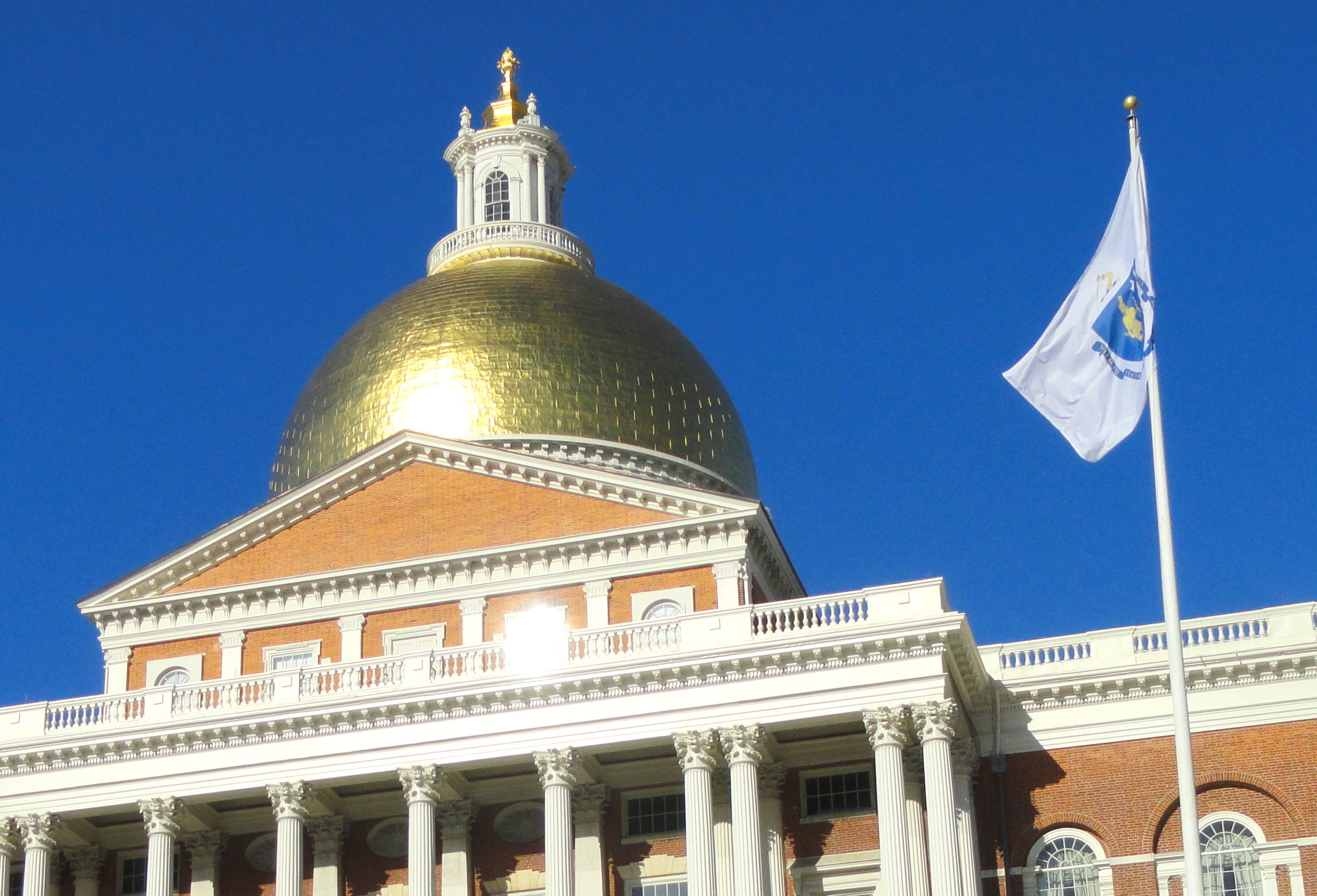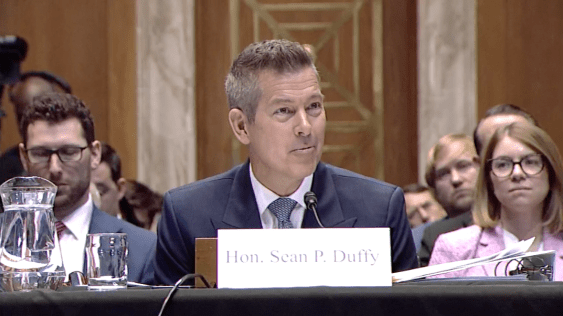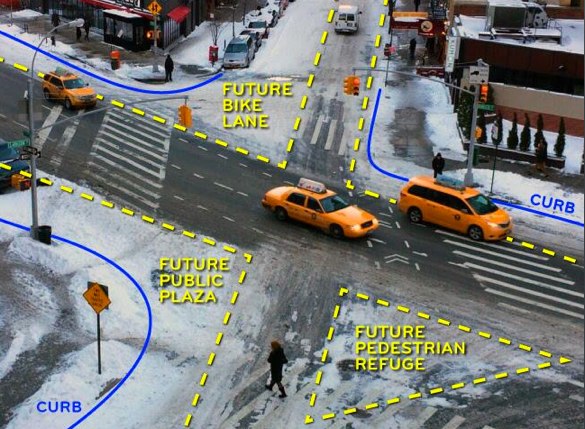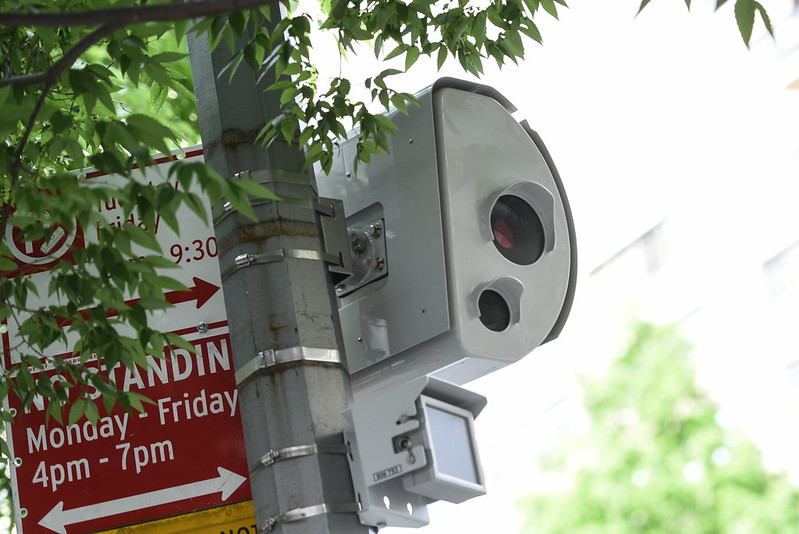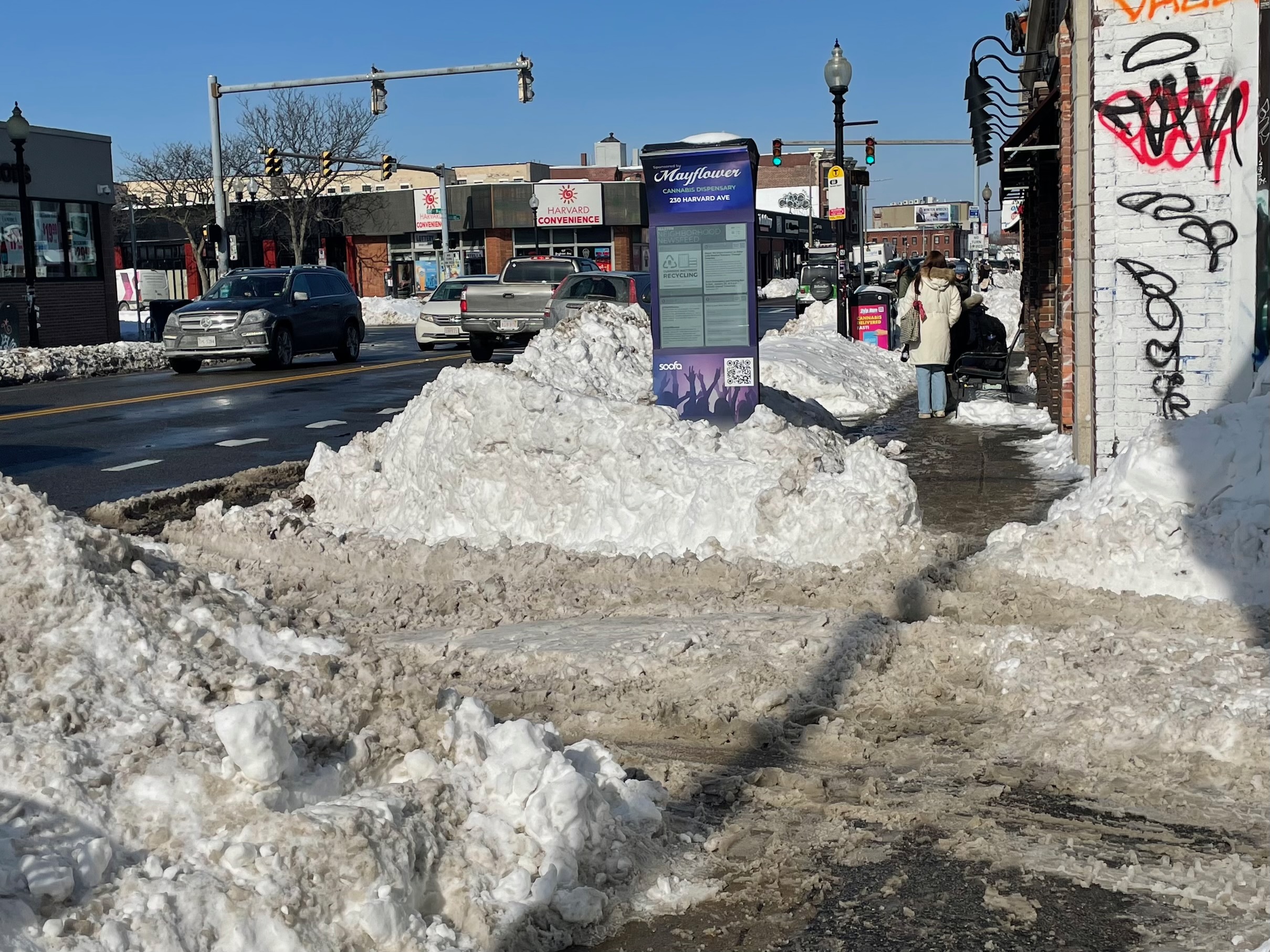The MBTA is poised to get a new governance board under a budget reconciliation bill that was approved in the State House this week.
As of Thursday morning, the bill had passed both chambers and was awaiting the Governor's signature.
The T has been operating without a designated oversight board since the previous governance structure, the Fiscal and Management Control Board (FMCB), dissolved on June 30. The FMCB was originally established on July 17, 2015, and over its six-year existence, oversaw a large increase in capital spending to catch up on deferred maintenance, set an ambitious agenda for future transit enhancements, and generally held the agency’s leadership to higher expectations.
Under its enabling legislation, however, the FMCB dissolved on June 30 (after legislators gave it a one-year extension last year), and oversight reverted by default to the MassDOT board of directors, which also governs highways, airports, and the beleaguered Registry of Motor Vehicles.
This week, though, the Massachusetts House and Senate are poised to approve a supplemental budget bill that would create a new MBTA governance board, which would be required to meet "at least one time per month" and consist of an ex officio secretary and one member appointed by the MBTA advisory board.
The bill further specifies that the Governor would appoint the remaining 5 board members:
"one of whom shall have experience in safety, one of whom shall have experience in transportation operations, one of whom shall have experience in public or private finance, one of whom shall be a rider as defined in section 1 and a resident of an environmental justice population as defined in section 62 of chapter 30, and one of whom shall be selected from a list of three persons recommended by the president of the Massachusetts State Labor Council, AFL-CIO.
Unlike the FMCB, the new governance board would also have subcommittees, each consisting of three members, including one focused on "safety, health, and the environment," one for "planning and workforce development," and a finance committee.
Staci Rubin, Vice President for Environmental Justice at the Conservation Law Foundation (CLF), says that the legislation reflects several recommendations that advocates have been pushing for in a new governing board (editor's note: CLF is also the 501(c)3 fiscal sponsor of StreetsblogMASS).
"We're excited about having a seat for environmental justice neighborhoods and riders, and for the subcommittee structure that can be more responsive and broaden the scope of the governing board, especially with a focus on the environment and public health and climate in one of those committees," Rubin told StreetsblogMASS in a phone conversation on Monday afternoon.
The conference committee's supplemental budget bill, H.3973, was enacted in the House and Senate on Wednesday, and is awaiting the Governor's signature to become law.
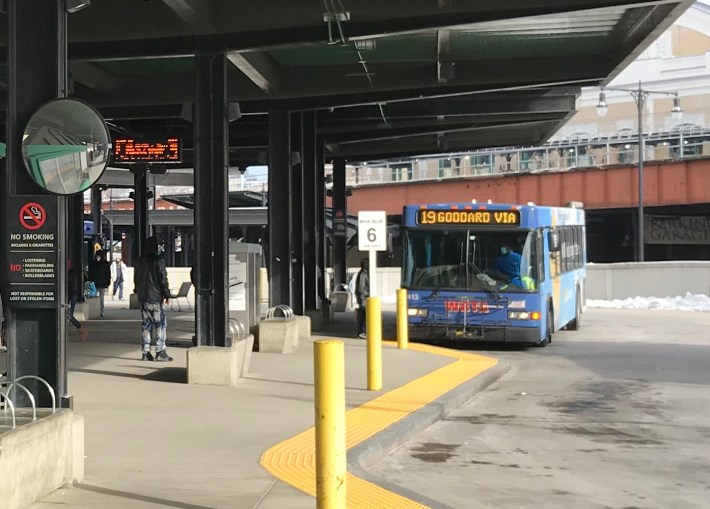
Baker cuts state assistance for RTAs
A separate budget bill for the 2022 fiscal year might have increased state funding for the state's regional transit authorities (RTAs), the agencies that operate bus routes outside of the MBTA's greater Boston service area, if not for a last-minute line-item veto from the Governor.
The 2022 budget bill passed by the Massachusetts Legislature would have given the RTAs $94 million in funding for the upcoming fiscal year: an increase of $3.5 million (or 3.9 percent) over the $90.5 million allocated to RTAs in fiscal year 2020 and in 2021.
RTAs typically rely on state funding to cover about 39 percent of their collective operating budgets. But unlike the Boston region’s MBTA, which can bank on a one percent slice of the state sales tax as a dedicated source of revenue, the RTAs face uncertainty every year as legislators carve out RTA funding levels in competition for many other demands.
Although the legislature proposed a 3.9 percent increase this year, it wouldn't have been enough to keep pace with inflation. The $90.5 million that the state allocated to RTAs in June 2019 would be worth about $96 million in inflation-adjusted dollars in June 2021, according to the federal consumer price index.
Instead, on July 16, Governor Baker used his line-item veto power to flat-fund the RTAs at $90.5 million for the third year in a row.
In his veto message, the Governor wrote that "the RTAs received approximately $214 million as part of the CARES Act, $39 million from CRRSA, and more than $165 million from ARPA... As a result, all 15 RTAs ended FY21 with significant cash reserves. Because of the significant amount of federal and state funding dispensed to RTAs recently and the continuing need to incentivize improved RTA performance, I am recommending that the distribution revert to my House 1 recommendation of $90.5 million, with $3.5 million distributed as performance grants."
In an email, John Stout, transportation advocate at MassPIRG, wrote that "the federal relief funding that RTAs received was a one-time emergency infusion that allowed them to continue providing essential transit service throughout the COVID-19 pandemic. It's disappointing to see Governor Baker fail to adequately fund RTAs within this year's state budget... Without sustainable, reliable state funding, RTAs won't be able to expand their systems, nor improve service for the millions of Bay Staters who rely upon them."
